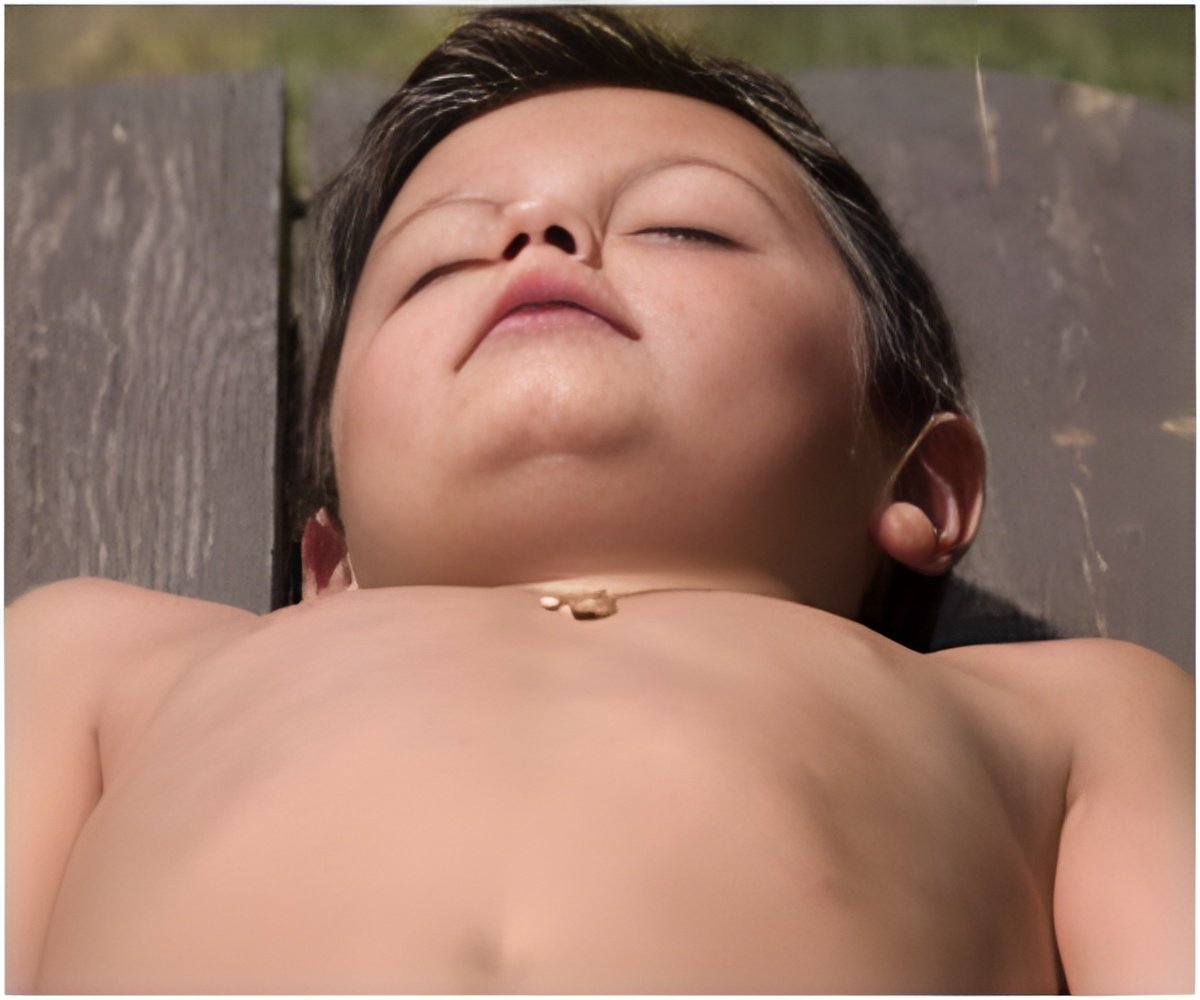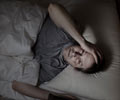Children with mental health problems usually face insomnia and are generally given sleep medication, says a new survey of child psychiatrists.

Nearly 1,300 members of the American Academy of Child and Adolescent Psychiatry completed a survey to examine the clinical practice patterns regarding non-prescription and prescription medication for insomnia by child and adolescent psychiatrists.
Based on their responses, Owens and her fellow researchers determined insomnia is a significant clinical issue among nearly one-third of the psychiatrists' school-aged and adolescent patients.
To address the issue, an overwhelming 96 percent of the clinicians recommended at least one prescription medication in a typical month and 88 percent recommended an over-the-counter medication.
The sleep medications prescribed ranged from antihistamines to sedating medications for Attention Deficit-Hyperactivity Disorder (ADHD), such as alpha agonists (clonidine), to antidepressants like trazodone. They also included medications from a number of other categories, such as antipsychotics and anticonvulsants, depending on the psychiatric or behavioral diagnosis of the child.
Owens, who is also an associate professor at The Warren Alpert Medical School of Brown University comments, "The most important rationale for the use of sleep medication among child psychiatrists is to manage the effects of sleep disruption on daytime functioning. It is important to note, however, that concerns about side effects and the lack of evidence regarding their effectiveness were cited as significant barriers to their use."
Advertisement
The respondents to the survey indicated that over 75 percent of the patients in their practices were children or adolescents and they saw an average of 70 children per month, the majority of whom were age 6 or older. The percentage of patients who were identified with insomnia was substantial and also increased with age. Overall, the results suggest that among children receiving psychiatric care, more than 20 percent of preschoolers and almost one-third of school-aged children and adolescents are affected by insomnia.
Advertisement
Source-ANI















